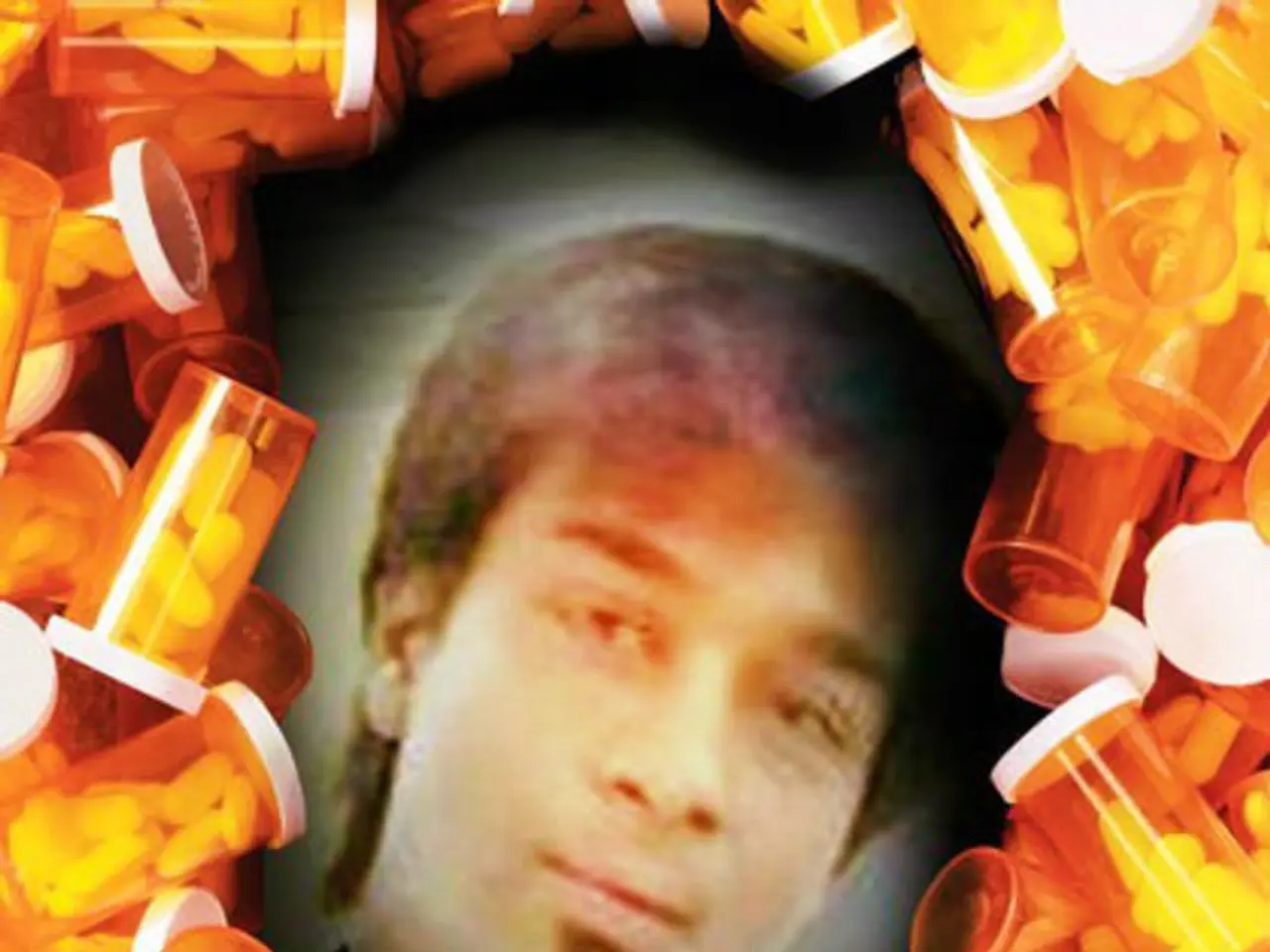Child seriously injured after excessive intake of painkillers
In a recent case, a 3-year-old girl was admitted to a hospital following a severe overdose of acetaminophen. Initially, Dr. Mariana Moltedo, the child's paediatrician, suspected a viral illness and dehydration. However, unclear test results prompted further investigation.
The overdose was three times higher than the recommended dose for the child's age and weight. The child began showing early symptoms of acetaminophen overdose within hours, including nausea, vomiting, abdominal pain, sweating, and pallor. As the case progressed, these symptoms escalated, leading to loss of appetite, upper stomach pain, fatigue, jaundice, dark urine, confusion, trouble speaking, seizures, and potentially coma.
Fortunately, the child received prompt medical attention and supportive treatment at the hospital. The standard antidote for acetaminophen overdose, N-acetylcysteine (NAC), was administered to replenish glutathione and prevent liver damage. This treatment is most effective if given within 8-10 hours post-ingestion.
Supportive care was also provided, which included intravenous fluids, monitoring of liver function tests, and treatment of complications such as coagulopathy or hepatic encephalopathy. In some cases, activated charcoal may be used if presentation is within a few hours of ingestion to reduce absorption.
The rapid deterioration in the child's liver enzyme levels, as observed by Dr. Nadav Shalev, underscores the importance of prompt medical attention. Early treatment dramatically improves outcomes, often preventing serious liver damage. Delayed treatment increases the risk of acute liver failure, which can be fatal or require liver transplantation.
Children, particularly if treated promptly, often have better recovery potential than adults. However, severe toxicity without treatment can result in permanent liver damage or death. Therefore, it is crucial to seek immediate medical evaluation if acetaminophen overdose is suspected, even before symptoms appear.
In conclusion, a severe acetaminophen overdose can progress rapidly and potentially lead to liver failure. Timely emergency medical treatment with N-acetylcysteine and supportive care is essential for recovery and survival.
Science and medical-conditions often intertwine, as seen in this case where a child's overdose of acetaminophen led to a serious health-and-wellness concern. The child's early symptoms of chronic-diseases, such as nausea, vomiting, and abdominal pain, required immediate fitness-and-exercise from the medical team to prevent further damage. Additionally, mental-health plays a role in these scenarios, as early and appropriate nutrition, in this case, the administration of N-acetylcysteine, can significantly impact the outcome of the patient's recovery.




